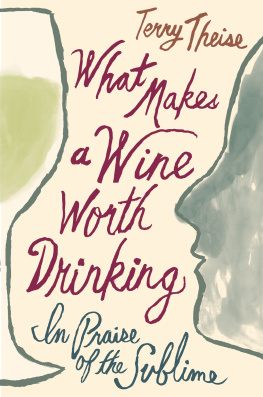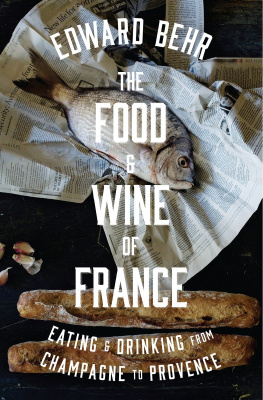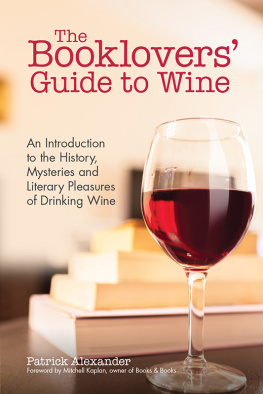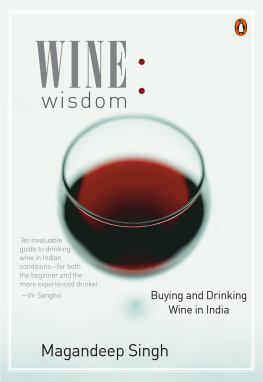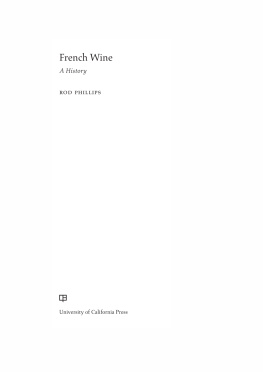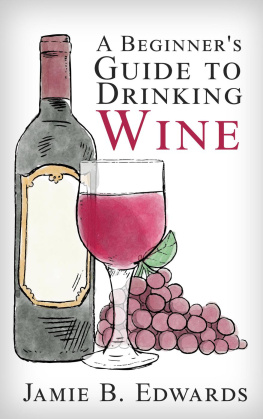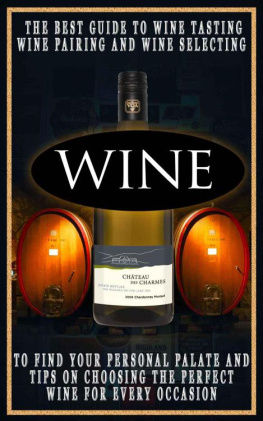Marion Demossier, 2010
All rights reserved. No part of this book may be reproduced in any material form (including photocopying or storing it in any medium by electronic means and whether or not transiently or incidentally to some other use of this publication) without the written permission of the copyright owner except in accordance with the provisions of the Copyright, Designs and Patents Act 1988. Applications for the copyright owners written permission to reproduce any part of this publication should be addressed to the University of Wales Press, 10 Columbus Walk, Brigantine Place, Cardiff, CF10 4UP.
www.uwp.co.uk
British Library Cataloguing-in-Publication Data
A Catalogue record for this book is available from the British Library.
| ISBN | 978-0-7083-2208-6 (hardback) |
| 978-0-7083-2321-2 (paperback) |
| e-ISBN | 978-1-78316-122-5 |
The right of Marion Demossier to be identified as author of this work has been asserted by her in accordance with sections 77 and 78 of the Copyright, Designs and Patents Act 1988.
Acknowledgements
This book is the result of fifteen years of intense fieldwork and of constant interaction with the wine profession in France. I started my Ph.D. on the Burgundian wine industry in the 1990s and completed my analysis of the anthropology of wine with this book in the summer of 2008. Without my conversations with wine growers, professionals, experts, oenologists, consumers, wine lovers and others in the field, this work would not have seen the light of day and many of my questions would have remained unanswered. It is an impossible task to thank everybody who has assisted my research, but I should like to assure them all that the world of wine is filled with passion and interest, and this work is dedicated to all the enthusiasts with whom I have shared a fascination with wine. The picture I propose here of French wine culture and consumption is unlikely to be that expected by my compatriots, but it arises, in part, as a result of my displacement and exile in Great Britain and as a reflection of the ambiguities of my position as a social anthropologist at home. Because of the multi-sited nature of my own investigation, I have tried to propose an original perspective, that of the relationship between culture and consumption in an era of globalization. Therefore it will not be an exhaustive and self-indulging construction of the world of wine, but more a nuanced and constructive analysis of a changing world adapting to globalization.
I began my fieldwork nearly twenty years ago researching the winemaking techniques of Burgundian producers, and I completed it with an ANR-INRA research project on wine with lower alcohol content involving Pernod Ricard and the Fdration des Vins de Pays (Bernard Aug). This latter research project has proved to be extremely helpful, enabling me to discover the region of Languedoc-Roussillon and its political landscape. I should like to thank my colleagues who have shared their extensive knowledge of French wine production, especially Patrick Aigrain, Clementina Sebillotte, Herv Hannin, tienne Montaigne and Franois dHauteville, and also the two organizers Jean-Louis Escudier and Guy Albagnac and the whole ANR team.
I should like to thank all the institutions and organizations which have provided generous financial help that has enabled me to complete my research: the British Academy for supporting me financially during my year in France by granting me a Large Research Grant (LRG35396); the Department of European Studies and Modern Languages at the University of Bath for giving me research leave in 1999 and in 20034 which enabled me to finalize my research and to complete the writing of this manuscript. My colleague Professor Bill Brooks for his continuous support, and all my colleagues in the French section, in particular Hanna Diamond, Nina Parish and Steve Wharton, who had to endure my constant obsession with talking about wine drinking; Claire Gorrara and Hanna Diamond, the series editors, who have provided me with constant support, and the anonymous reader for his/her constructive comments; and Sarah Lewis from the University of Wales Press who has been a very dedicated and efficient commissioner.
Finally, this work has benefited from invaluable discussions with French and British colleagues working in the field of sociology and anthropology of food and drink. Among them, I would like to acknowledge the help of Thomas M. Wilson (Binghamton University, New York), Jean-Pierre Corbeau (University of Tours), Gilbert Garrier (University of Lyon), and the AoFood team headed by Virginie Amilien, Isabelle Techoueyres and Florence Bergeaud-Blackler. A special thanks to all the professionals I have met throughout the fieldwork and for the wine tastings shared with them, especially Mauricette Pion, David Cobbold and the team of the cole du Vin in Paris. I should also like to thank all the wine lovers, and especially Thierry Meyer, for sharing his sociological knowledge of this world of passions.
I should like to thank the following individuals, organizations and institutions who helped me with the publication of this book and granted me permission to reproduce materials previously published elsewhere. Berg publishers for allowing me to reproduce parts of the chapter Consuming Wine in France: The Wandering Drinker and the Vin-Anomie, published by Berg in the volume edited by Thomas Wilson and entitled Drinking Culture. In France, I am grateful to the INA (Institut National de lAudiovisuel) for its help in assisting me with the constitution of a database on wine from 1945 until 2004. Special thanks in particular to Sylvie Fegar and Didier Nottin, the technical team who were consistently helpful and patient during my work on this project, and who have made this part of the research a real pleasure. The INA is a unique place of research located in the heart of the Bibliothque Nationale de France, and it provides a rich and original source of materials. The Bibliothque Forney kindly granted me permission to use the image on the front cover.


![Jon Bonné - The New French Wine [Two-Book Boxed Set]: Redefining the Worlds Greatest Wine Culture](/uploads/posts/book/443558/thumbs/jon-bonn-the-new-french-wine-two-book-boxed.jpg)
